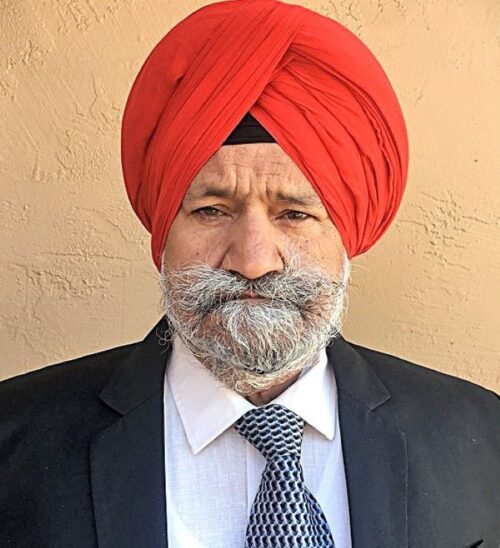
Punjab has long been renowned for its humour, courage, and sharp wit. But sometimes, laughter hides a bitter truth. In today’s Punjab, the joke that everyone laughs at — yet no one wants to admit — is corruption. It has become a way of life, wrapped in excuses and self-justification. People proudly say that they are not greedy but are only earning “something extra” for the future of their children. The irony is that in the name of love for their family, they destroy the very foundation of honesty and dignity that a family stands upon.
Everywhere you go, from the village panchayat to the government offices, people talk about easy money. Some say, “Brother, what’s the harm? Everyone is doing it.” And slowly, this thought has eaten into the roots of our society. It is now considered smart to cheat and foolish to remain honest. But those who follow this path forget that when the walls of corruption start to shake, they fall on the same people who built them. The laughter fades quickly when the knock on the door is from the CBI.
Many people believe that their children will benefit from the money they have collected by unfair means. They say they are only trying to secure their family’s future. Yet the truth is much harsher. The same children for whom the money is made will one day feel ashamed of how it was earned. They will enjoy the luxury, perhaps, but not the respect. Wealth earned through corruption can buy gold but not a good name. When the time comes to face the law, the “future generation” for whom this money was collected will not stand by your side. They will stay away to save their own reputation, leaving you to face the price of your actions alone.
There comes a time when the system catches up. When the CBI or the law steps in, those who thought they were untouchable suddenly become helpless. They try to laugh it off, saying, “Oh, everyone was doing it, why only me?” But justice does not laugh. The same people who once praised their “success” will now whisper behind their backs. Neighbours, friends, and relatives who once came to drink tea in their big house will now cross the road to avoid them. This is how corruption punishes — not only through courts and jails but through humiliation and loneliness.
It is often said that in Punjab, people can make a joke out of anything. But this joke has gone too far. The idea that corruption is acceptable if done for one’s family is a dangerous illusion. It is like drinking poison slowly, believing it will make you stronger. The more people laugh at wrongdoings, the weaker our moral roots become. The laughter hides a tragedy — a generation growing up thinking dishonesty is normal.
This satire is not written to insult anyone but to awaken a thought. The intention is not to mock individuals but to question a mindset. Punjab needs to rediscover the pride it once had — the pride of hard work, truthfulness, and self-respect. The state that gave birth to saints and soldiers should not be known for scams and scandals. We must stop treating corruption as cleverness and start seeing it for what it really is — a slow poison that kills trust, unity, and progress.
When we are caught red-handed, we stand alone. No one comes forward to share the blame or the punishment. The same family for whom we risked everything stays silent. That silence speaks louder than any verdict. The truth is simple — money can fill your pocket, but not your heart. When the curtain falls, all that remains is your name — written either in honor or in disgrace.
It is time to rethink what kind of inheritance we want to leave behind. Instead of piles of cash earned by deceit, let us leave behind honesty, reputation, and moral strength. That is the real wealth our children need. Punjab does not lack intelligence; it only needs integrity. The laughter of satire should remind us of one thing — the joke always ends, but the consequences remain.
So, let us not make money by doing corruption. Let us make something far greater — a future where our children can proudly say that their parents lived with dignity, not deceit